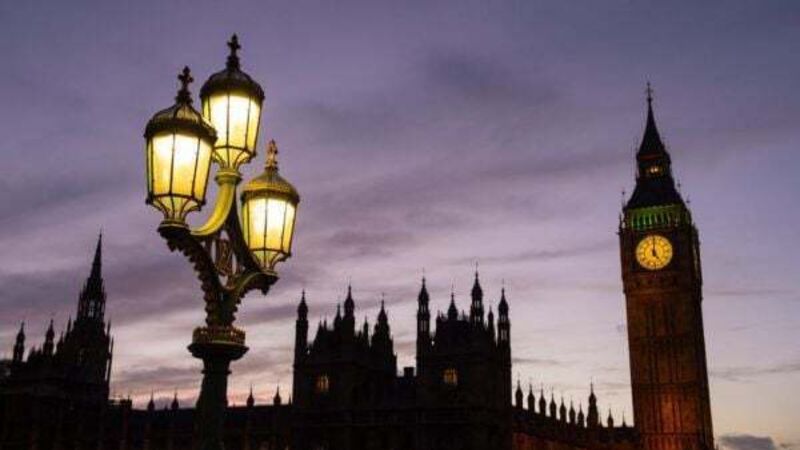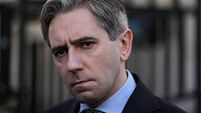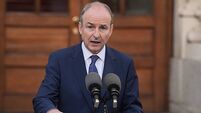Peers demand ditching of Troubles amnesty in UK government defeat

Nick Lester, Chief Lords Reporter
The British government has suffered a defeat as peers in the UK's House of Lords backed stripping out a key part of controversial plans aimed at dealing with Troubles-related crimes in Northern Ireland which critics had branded an amnesty.
The House of Lords supported by 197 votes to 185, majority 12, a demand to remove the contentious immunity provision from the Northern Ireland Troubles (Legacy and Reconciliation) Bill.
The move to ditch it was spearheaded by former Northern Ireland secretary Lord Murphy of Torfaen, who pointed out the measure had been “almost universally condemned” in the North.
The British government had proposed the new law would provide immunity for people accused of crimes during the Troubles, as long as they co-operate with a new truth recovery body, known as the Independent Commission for Reconciliation and Information Recovery (ICRIR).
The Bill would also halt future civil cases and inquests linked to killings during the conflict.
Despite the British government introducing a string of amendments to the draft legislation, it remains widely opposed by political parties, the Irish Government and victims’ groups.
In a further setback for the British government, peers voted by 203 to 179, majority 24, for a move to ensure a minimum standard for case reviews by the ICRIR.
This would require investigations are conducted to criminal standards, along the lines of Operation Kenova, which saw former Bedfordshire chief constable Jon Boutcher lead fresh probes into a number of atrocities.
The defeats set the stage for a tussle between the unelected chamber and the government, known as parliamentary ping-pong, when legislation moves between the House of Lords and the House of Commons.
On the conditional immunity measure, Lord Murphy said: “This is the most contentious and controversial part of the Bill. It is almost universally condemned in Northern Ireland.”
The British government saw off challenges relating to the bringing of public prosecutions and the bar on inquests, investigations and inquiries into killings during the conflict.












